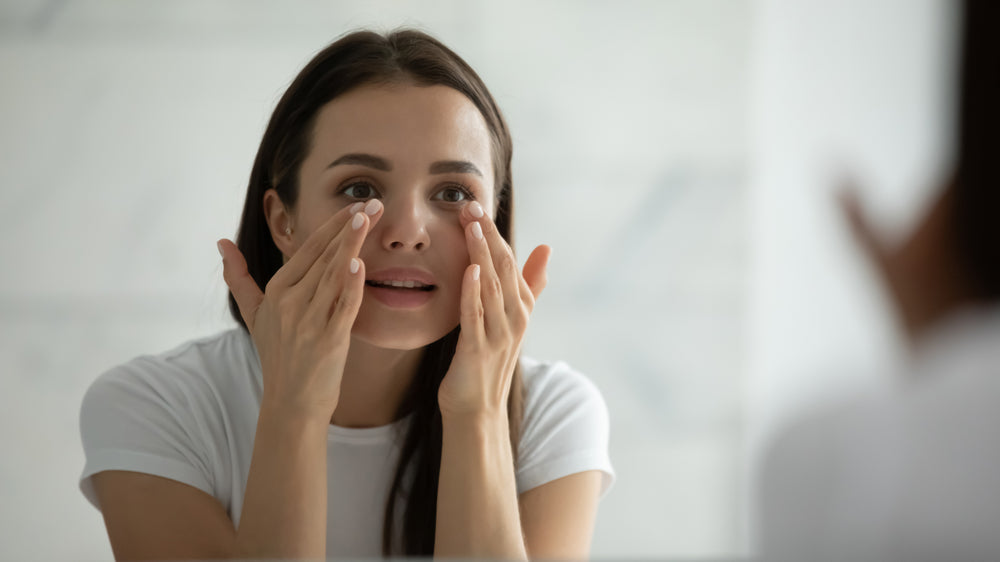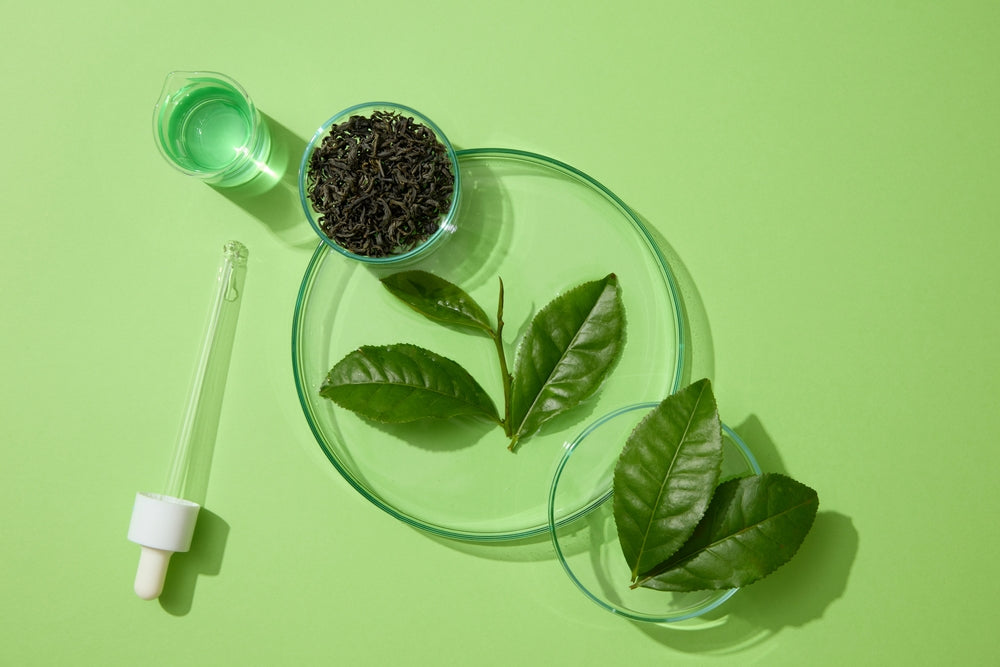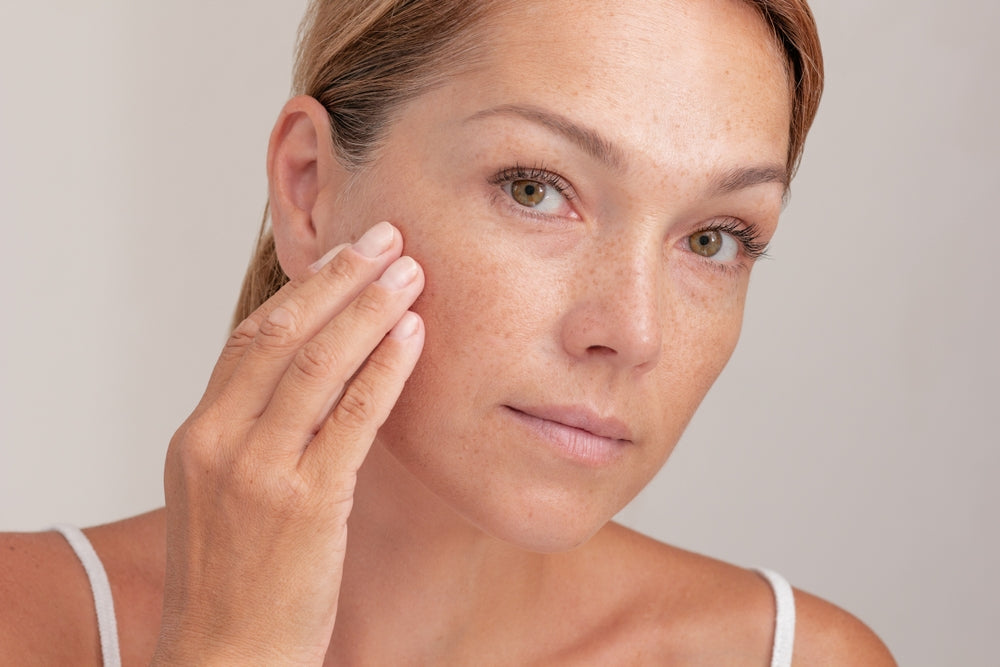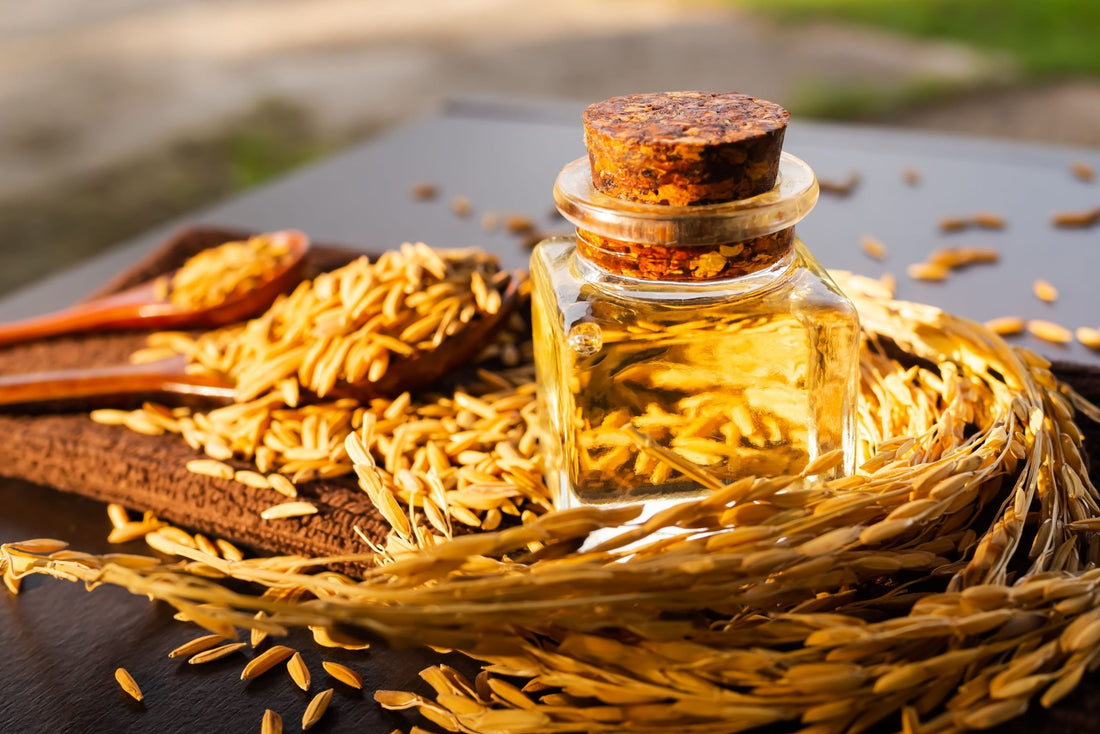No, moisturizer does not cause acne. However, choosing the right moisturizer for your skin type is important. Acneic skin needs hydration just as much as dry skin, and in some cases, a lack of proper hydration can exacerbate oily skin and contribute to breakouts. When used properly, moisturizers can help your skin without causing acne. To keep your skin looking hydrated and fresh, here are a few ways to make the most of your moisturizer and recommended products for acne-prone skin.
WHY MOISTURIZERS CAN BE GOOD FOR ACNE
Moisturizer is a necessary component in any skincare routine. Not using a moisturizer because you are concerned about acne may trigger more sebum production. Sebum oil is the skin's natural moisturizer. There are four main causes of acne: overproduction of oil, dead skin cell buildup in the hair follicle, bacteria, and inflammation. A moisturizer with emollient and humectant properties helps lock in moisture for less oily-looking skin. This step is one of several important parts of addressing acne concerns. Ultimately, moisturizers have many more pros than cons for fighting acne.
SIGNS YOU MAY BE OVER-MOISTURIZING YOUR SKIN
If you notice any of these changes in your skin, it might be a sign that you need to switch out the moisturizer you use:
- CLOGGED PORES
Overly occlusive ingredients can trap excess oil on the skin. This excess oil mixes with dead skin cells and surface debris, causing clogged pores. Clogged pores may start off as whiteheads and blackheads but can quickly turn into inflamed acne due to bacteria being trapped beneath the surface of the skin, clogging pores.
- FREQUENT BREAKOUTS
If you have addressed or ruled out common causes for recurrent breakouts like dirty pillowcases or phones, hormonal fluctuations, and food triggers, you should ensure you are using the right moisturizer. Some ingredients in your moisturizer may cause frequent breakouts. Luckily, there are many moisturizers to choose from for acneic skin.
- RASHES AND REDNESS
Whenever you start a new product, it is important to do a patch test to check for sensitivity or allergic reactions. Examples of adverse reactions include rashes and visible redness. Do not use moisturizer if you have a known allergy to it or a specific ingredient. If you develop symptoms like itchiness, redness, bumps, or hives, discontinue use and consult your medical provider.
- EXCESS OIL PRODUCTION
Using the wrong moisturizer can cause additional skin concerns if you already have oily skin. If you notice that your oily skin is worsening, try using one with a lighter texture or mix it with a hydrating serum like Moisture Surge. You can also use a hydrating gel serum. Our favorite is Strengthen and Rebuild Serum Concentrate because it contains water-loving polysaccharides and skin conditioning hydrators like jojoba oil, which are great for oily-prone and acneic skin.
- YOUR SKIN FEELS TIGHT
It is also possible to not be moisturizing enough. Skincare products used to help acne can sometimes create a tightened feeling of the skin. Tight skin will also come with itchiness and discomfort. Adding a lightweight moisturizer with water-loving ingredients like hyaluronic acid and glycerin can help minimize the look of tight skin and keep you moving forward with your acne skincare routine.
INGREDIENTS YOU SHOULD AVOID IN MOISTURIZERS
Avoid using ingredients that you know trigger your breakouts. A little trial and error may be necessary to find the right one for you. Water-based moisturizers are ideal for most skin types. Heavy creams with occlusive agents are more likely to contribute to breakouts and should be avoided by acne sufferers. Instead, try a lightweight or oil-free moisturizer.
HOW MUCH MOISTURIZER SHOULD BE USED?
We recommend using moisturizer in the morning when you wake up and at night before you go to bed. Only use 1-3 pumps, depending on how your skin feels. Pay attention to its possible triggers if you are currently having an acne breakout. Keeping a journal of when your acne breakouts occur, the foods you are eating, changes to detergents, or anything else new may help you identify why you are breaking out. Then, adjust your moisturizer accordingly.
BEST MOISTURIZER FOR ACNE
Acidophilus Probiotic Moisturizer is a gentle moisturizer that works incredibly well for oily, combination, or sensitive skin types. Brazilian Propolis Lotion can be used on any skin type and includes a powerful blend of natural ingredients like vitamins, amino acids, and micronutrients to reduce the appearance of inflamed skin. You can also take our Skin Quiz to help find the right moisturizer for you.
ACNE PRODUCTS FROM EPICUREN DISCOVERY
At Epicuren Discovery, we believe that visibly healthy skin starts with a great skincare routine. We offer many products specially tailored to different skin concerns and skin types, including acne-prone skin. Shop our online store today for more skincare recommendations that won't worsen your acne.
CAN MOISTURIZERS CAUSE MORE ACNE?
Choosing the right moisturizer for your skin type and only applying a little will not cause more acne.
WILL I GET PIMPLES IF I DON'T USE MOISTURIZER?
Yes, it is possible to break out if you do not use a moisturizer. If you don’t use moisturizer, your skin may become dry which prompts your body to produce more sebum oil in the skin. This excess oil production can clog pores and cause more acne.
IS MOISTURIZER BAD FOR ACNE?
When used in moderation, moisturizer can be beneficial for acne. In fact, using a moisturizer is recommended for acne-prone skin.





